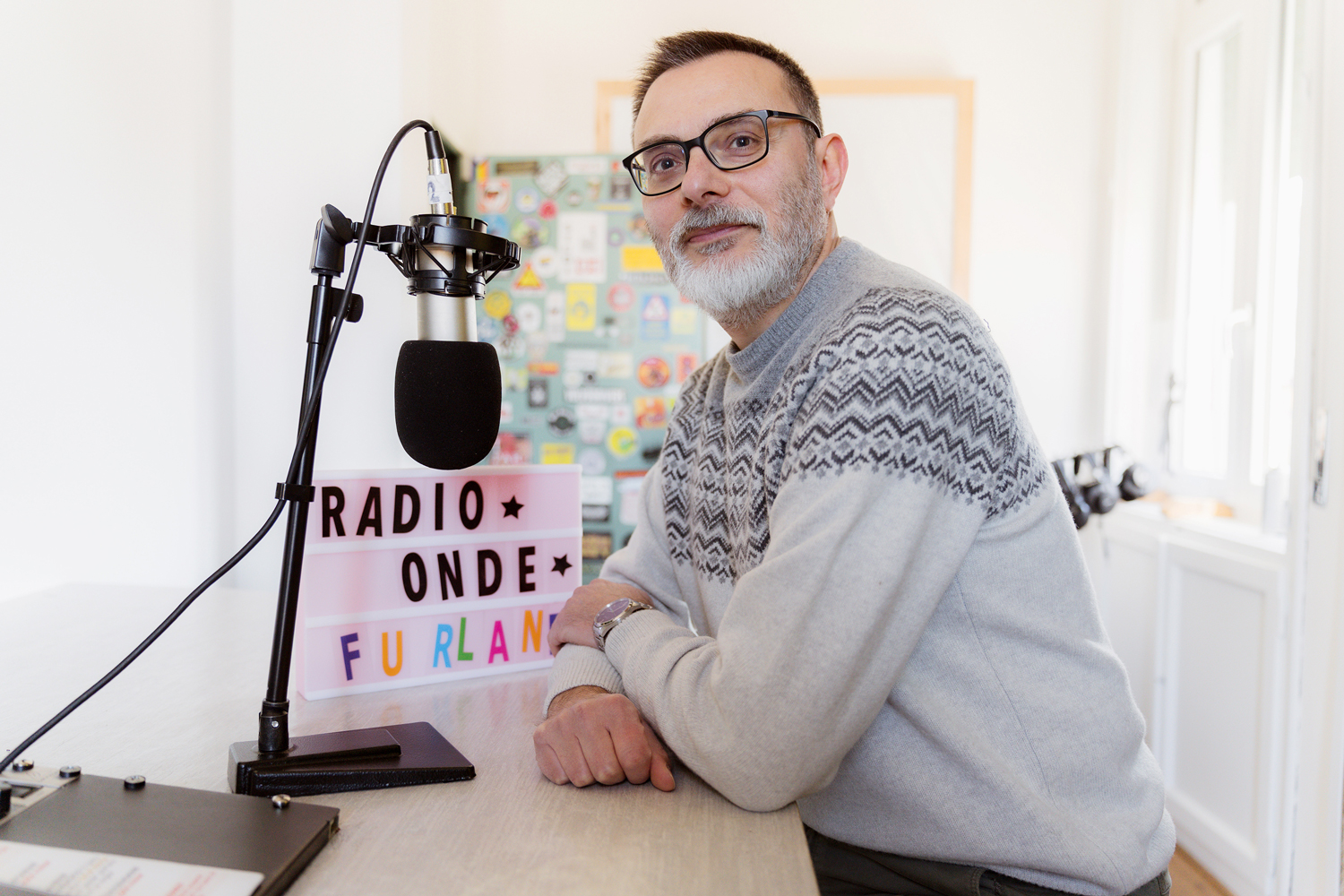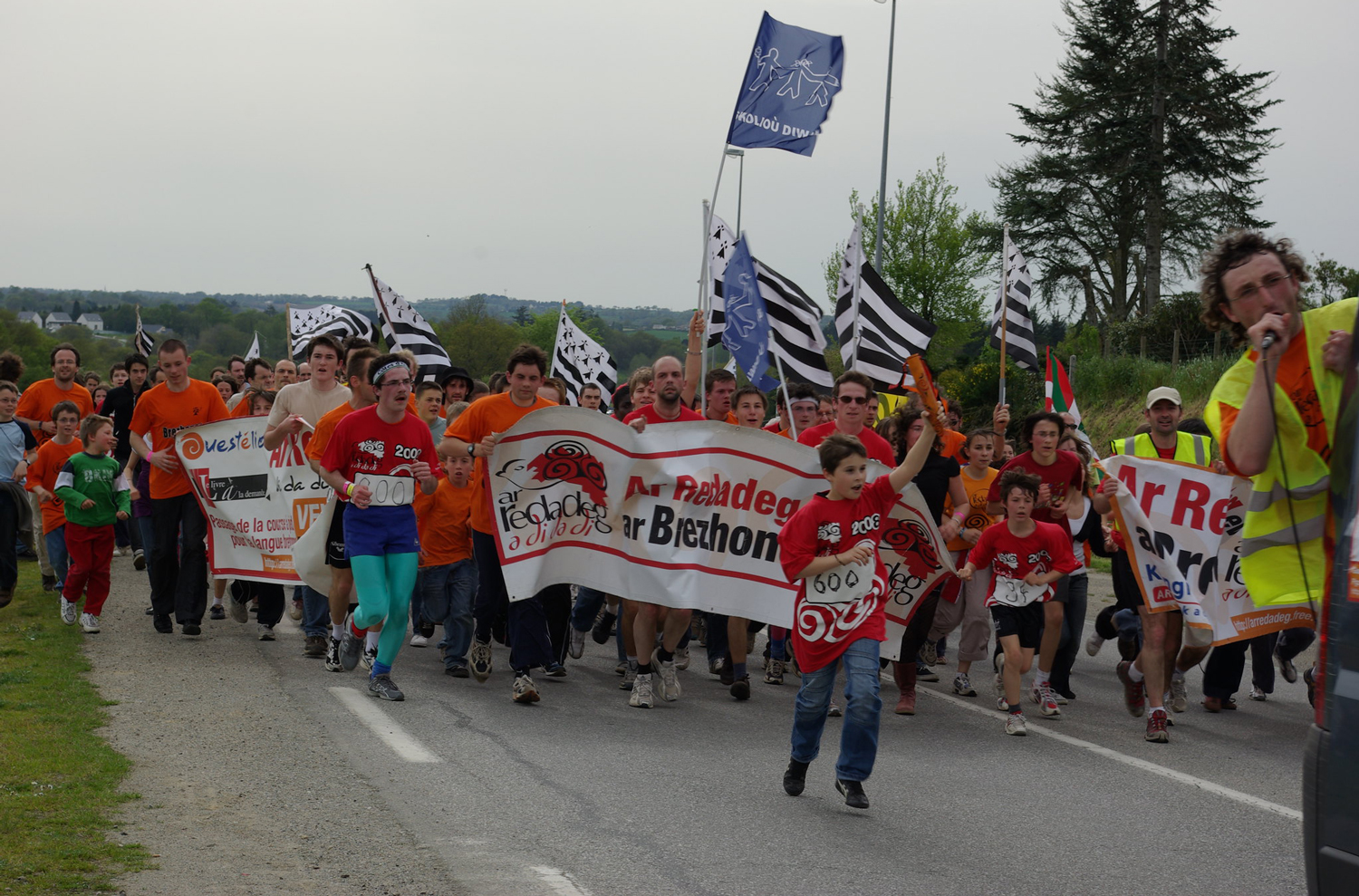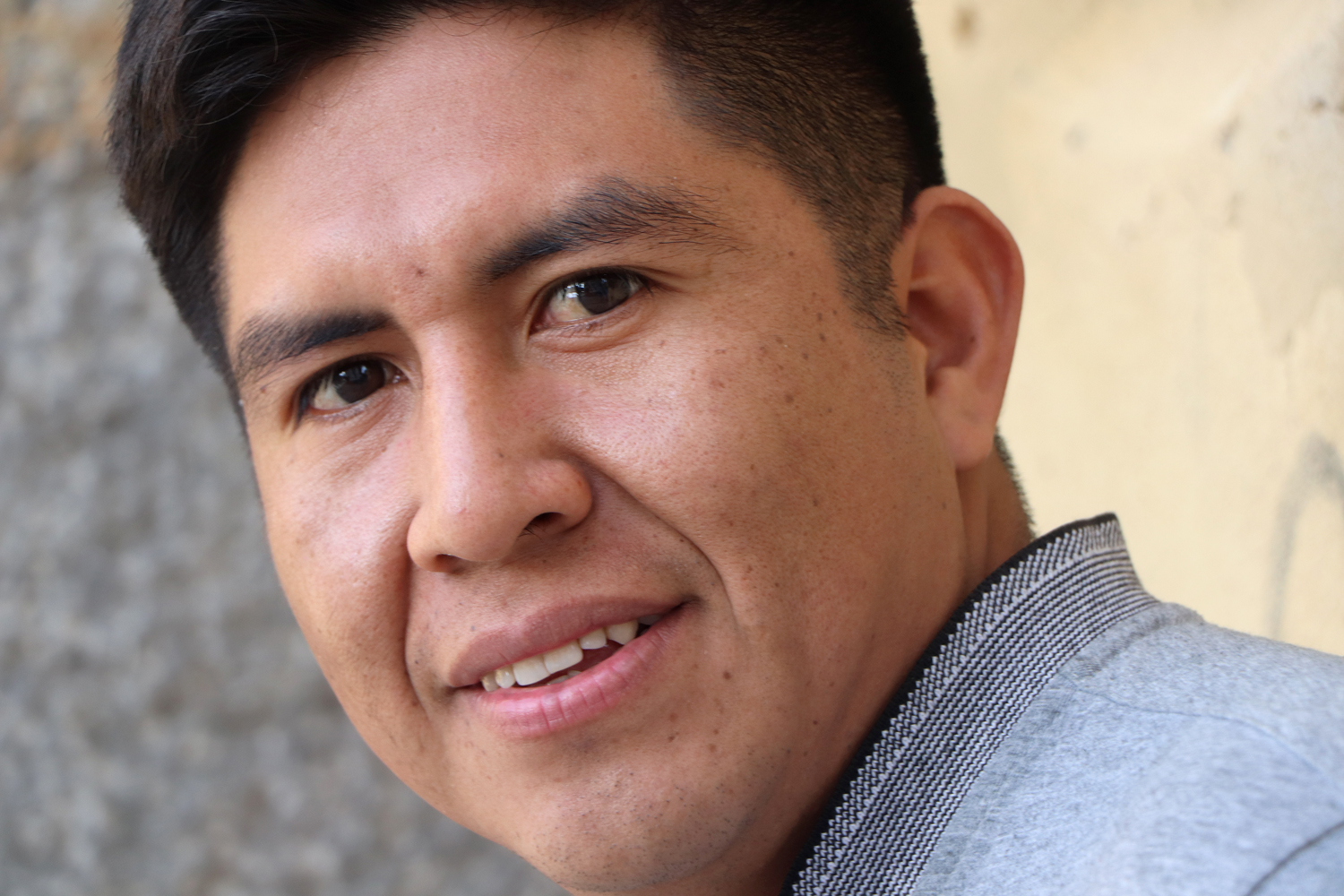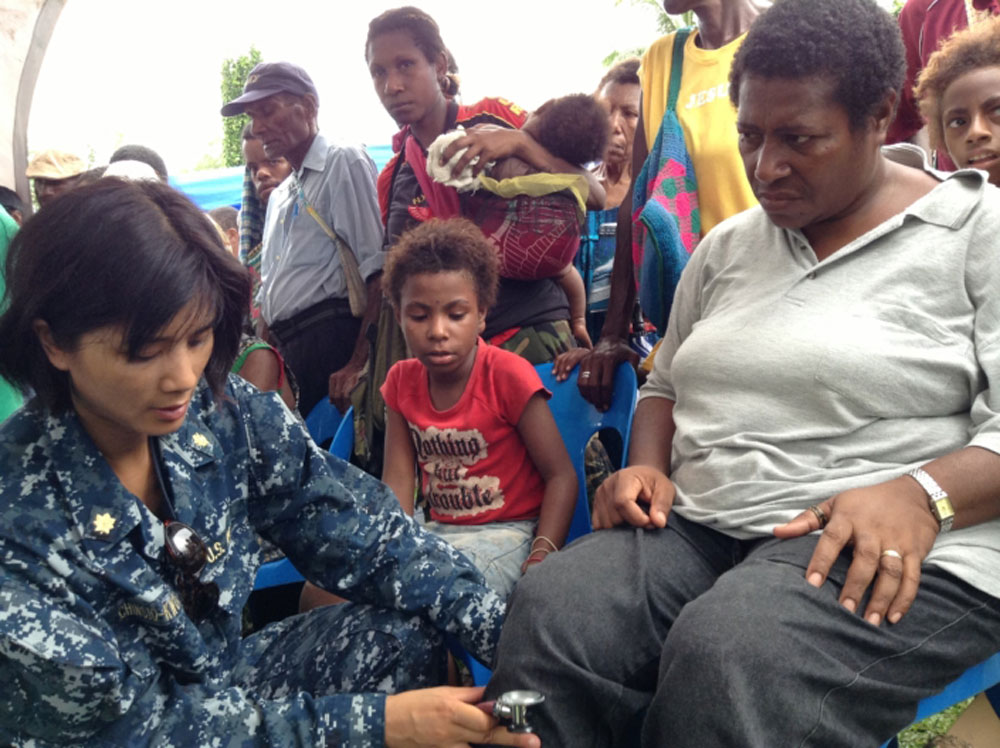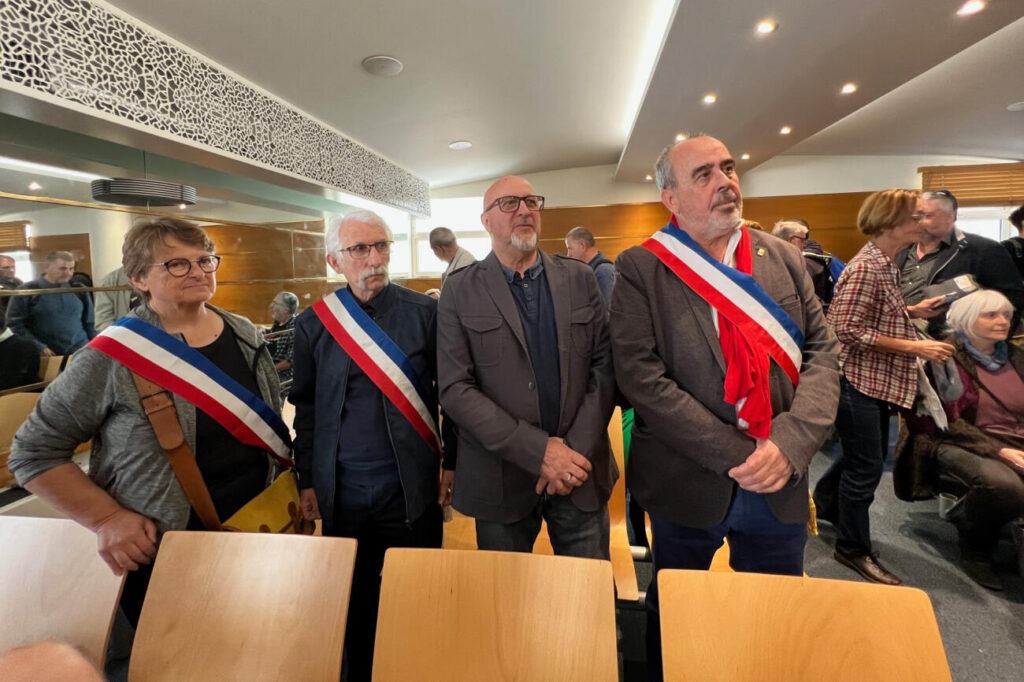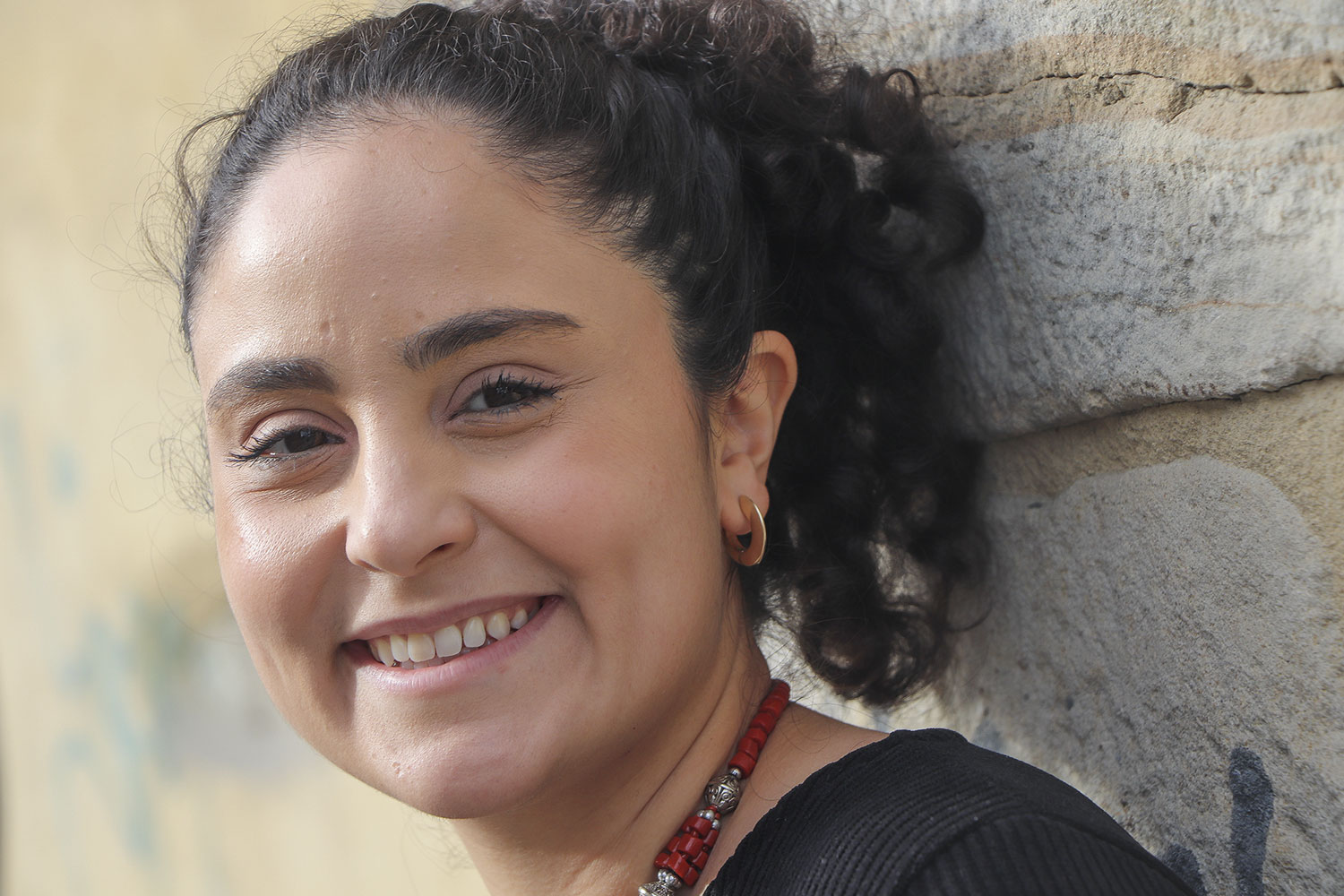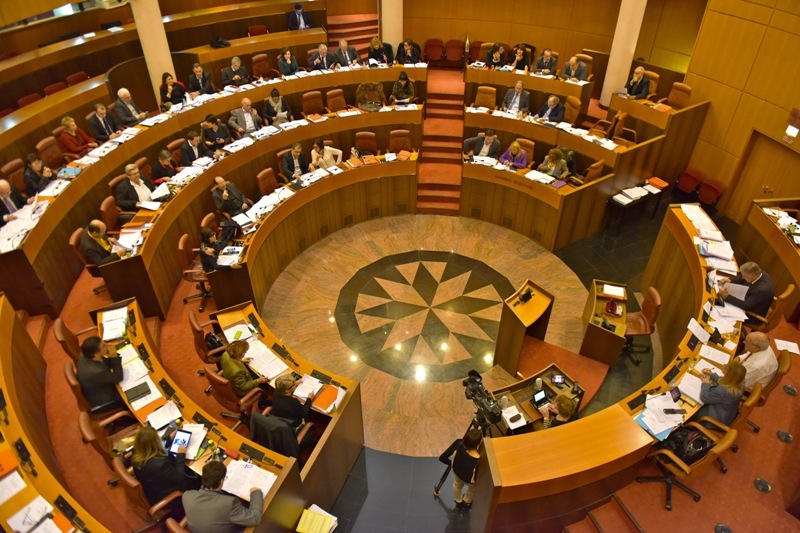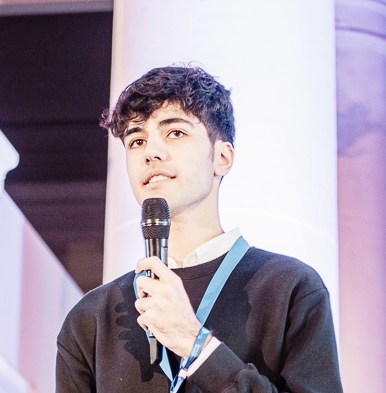“Langune wants to assert the economic and strategic weight of minority languages”
On 26 and 27 November, organised by Langune, the Association of Language Industries of the Basque Country and FUEN Federal Union of European Nationalities, the day ‘The Win of Languages’ will be held. The conference ‘Benefits of language industry in the economy’ will take place at Kursaal de Donostia. There will be more than 30 rapporteurs from all over Europe, including those from the Basque Country, and, among others, the situation and reality of seventeen minority languages will be known.
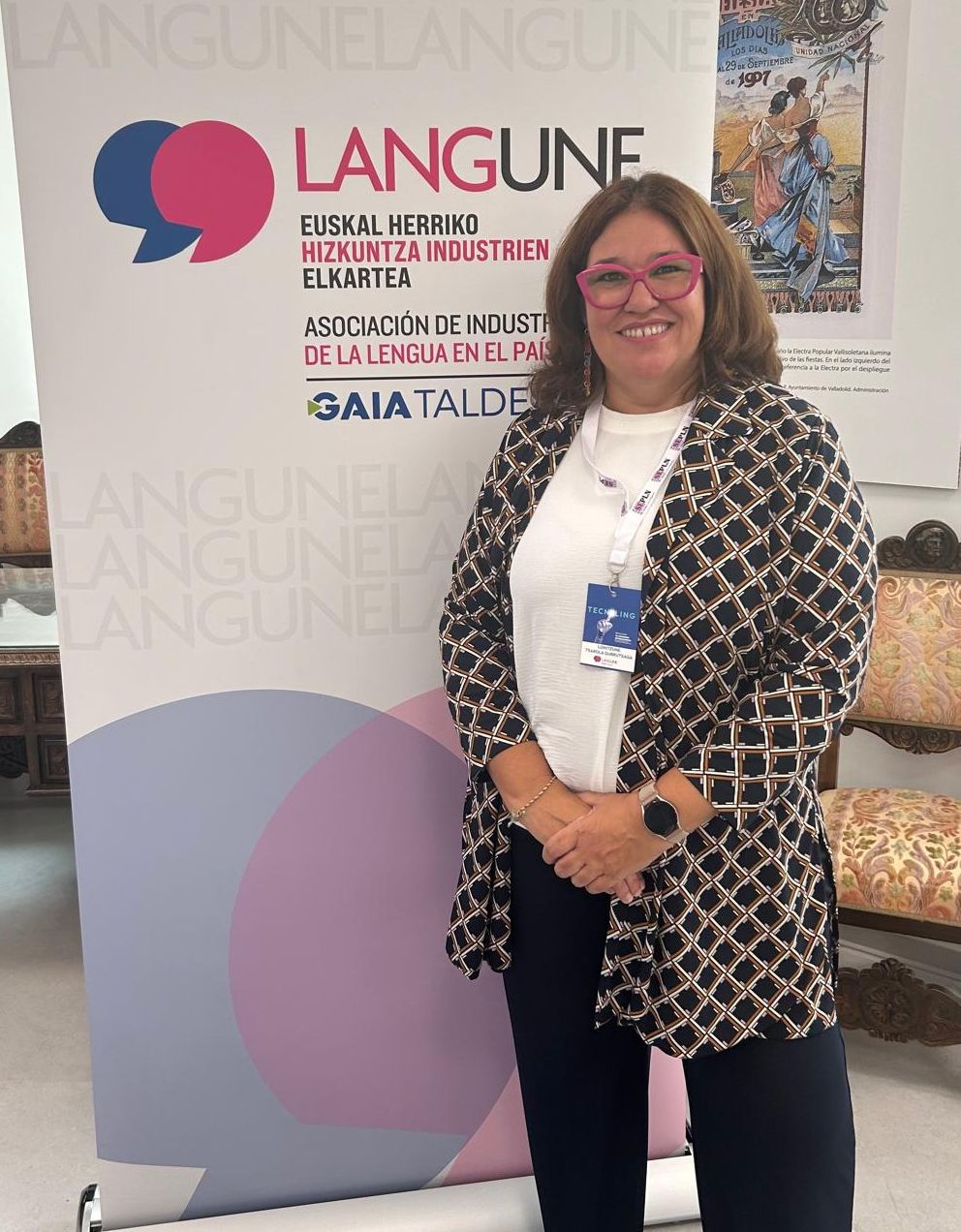
Langune’s director, Lohitzune Txarola, believes that “it is necessary to value language and languages. They must be seen outside the mere cultural and sentiment component”. Txarola started working in European institutions, following the Master in European Law and the Master in International Human Rights in Brussels. Back in the Basque Country, he was appointed president of the General Boards of Gipuzkoa (legislature 2011-2015), and after a new legislature in politics, he joined the leadership of the Langune Association, in which he has worked since.
We have read that Congress wishes to highlight the contribution of minority languages such as the Basque language to the local economy. What is that financial contribution?
Languages, insofar as they generate business activity (translation, technological development, training...), affect the economy. In other words, in order for there to be coexistence between languages, we need translators, translation, transcription or training technologies. All of this mobilises an entire economic sector. According to the latest data, companies in the four segments of the CAV Language Industry account for around EUR 211.3 million and generate about 4,600 jobs, considering only the activities related to the language industry. There's something.
For this, however, the need to manage multilingualism is important... In fact, how far do the institutions feel that need?
Well, on the part of the public administration there is a legal obligation, that is, in the CAPV for example, it is essential to publish all the content in Basque and Spanish. Another thing is how things are managed internally. On the other hand, the reality of business is different, the private sector does not feel constrained, but it is increasingly assumed that language management is a factor of competitiveness. In other words, I believe that companies increasingly understand that speaking to the client in their language has advantages for their business, which means that non-hegemonic languages also have to be part of that management, for example, the Basque language.
The European Union’s position is also in favour of linguistic diversity, although decisions on languages fall within the competence of the Member States. With the explosion of artificial intelligence, the European Union understands that English is becoming a hegemonic language and that, therefore, diversity must be fostered.
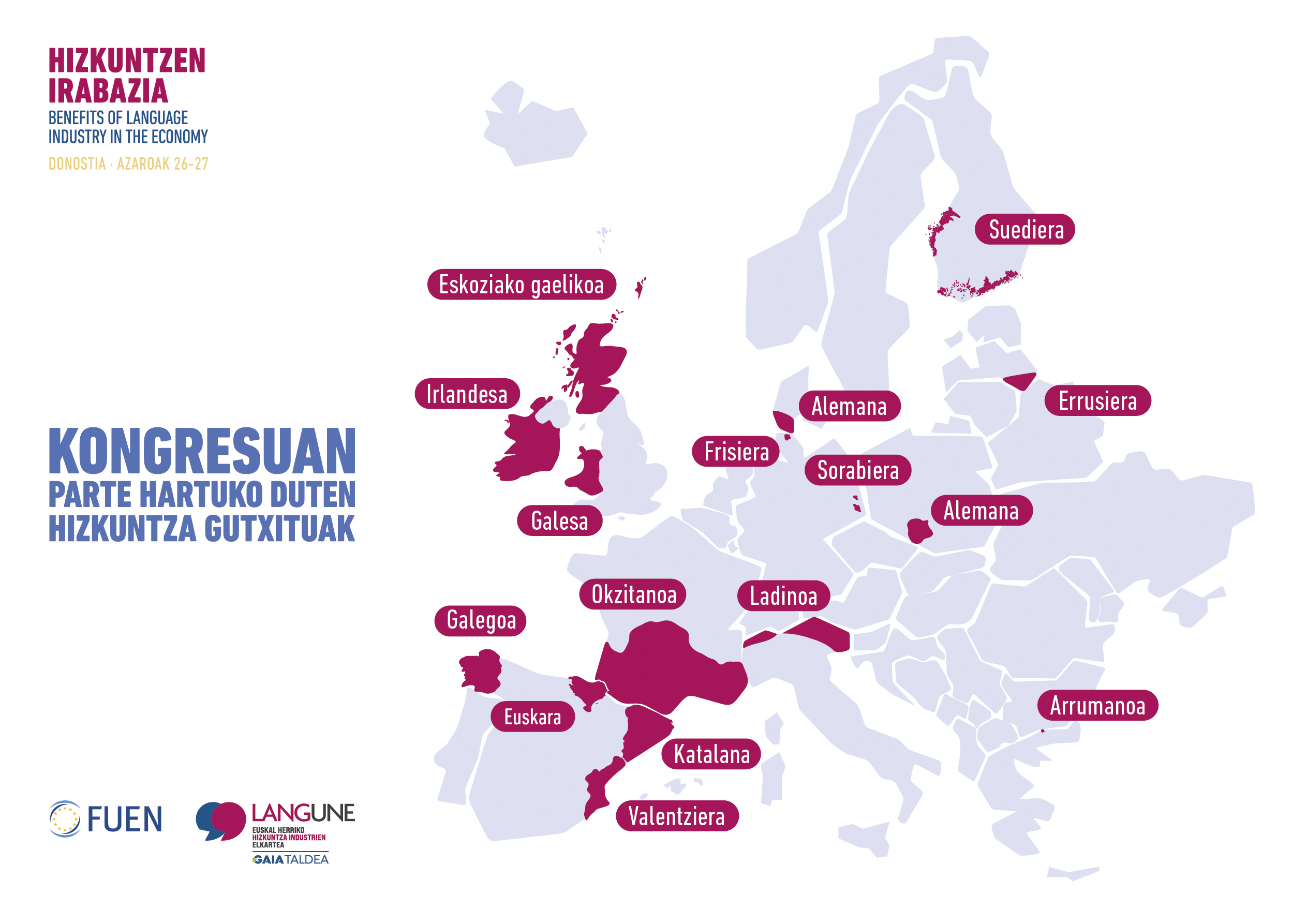
That position of the European Union is good for a minority language such as the Basque language, right?
Yes, the Basque language is not official in Europe, in English it has the status of additional languages (‘additional languages’), it is a kind of middle official. But that alone means that legislation must also be translated into those languages. It is good, however, that Europe understands that diversity is important. In addition, in Europe there are many minority languages, we will bring to the conferences 17 realities of them, with very different situations and conditions. The journey that our people have had to make for the Basque people can also serve for others.
Can we then be an example for minority languages in Europe?
I do not know as a model, but we can export many of our studies: our experience in language and Basque plans, research and development of technology for the promotion of the Basque Country... Fortunately, Euskal Herria, if unique, is multilingual, we have two hegemonic languages and a minority language in our own languages, as well as other languages derived from migratory flows. The struggle for the survival and development of the Basque Country and the need to manage the different languages at a balanced level have created an important language industry in the Basque Country, where we have had to build an ecosystem to meet all kinds of needs: so that our language does not fall behind in new technologies, so that our language has presence in specialized areas to develop terminology, to adapt quality teaching to the new times. Our territory can show to other languages the progress it has made in its process of survival and development.
We assume that for a small association like Langune it has been a great effort to organize such a congress. What has led him to this?
Yes, it has been a great effort and I think it has escaped us. With very few resources in the end, I think a great programme has emerged. Let's see if once we've passed we make a good valuation. Why have we organized it? Because we see that, in most cases, the language and especially the Basque language are associated with culture and Langune wants to assert the economic and strategic weight of languages and, in particular, minority languages. According to the latest data, the employment generated by the sectors of the Basque Country in the CAV is 7% of the total economy and the weight of the Basque Country on the Gross Domestic Product of the CAV is 4.5%. In short, the need for the survival and development of minority languages helps to create a strong language-related industry which, in addition to generating cultural wealth, economically strengthens the territory.
Lagun asko sumatu dut kezkatuta euskaldun gero eta gutxiagok ahoskatzen duelako elle-a. Haur eta gazte gehienek bezala, heldu askok ere galdu du hots hori ahoskatzeko gaitasuna, idatzian ere nahasteraino. Paretan itsatsitako kartel batean irakurri berri dugu: altxorraren biya... [+]
570.000 familiak euren haurren ikasgeletako hizkuntza nagusia zein izango den bozkatzeko aukera dute martxoaren 4ra arte: gaztelera edo katalana. Garikoitz Knörr filologoaren eta euskara irakaslearen arabera, kontsultak "ezbaian" jartzen du katalanaren zilegitasuna... [+]
Iragan urtarrilaren hondarrean, Bretainiako lurraldeko bi hizkuntza gutxituei buruzko azken inkesta soziolinguistikoaren emaitzak publiko egin zituzten bertako arduradunek. Haiek berek aitortu zuten harriturik gertatu zirela emaitzak ikustean. Hain zuzen ere, egoerak eta... [+]
Oinarrizko maia komunitateko U Yich Lu’um [Lurraren fruitu] organizazioko kide da, eta hizkuntza biziberritzea helburu duen Yúnyum erakundekoa. Bestalde, antropologoa da, hezkuntza prozesuen bideratzaile, eta emakumearen eskubideen aldeko aktibista eta militante... [+]
Korsikako legebiltzarkideek ezin dute Korsikako Asanblean korsikeraz hitz egin, Bastiako Auzitegiaren 2023ko epai baten arabera. Ebazpen horri helegitea jarri zion Asanbleak, baina debekua berretsi du orain auzitegi berak. Epaiak tokiko beste hizkuntzei eragiten diela ohartarazi... [+]








